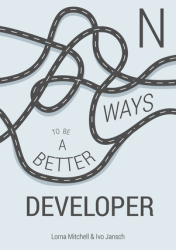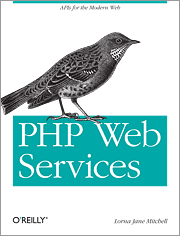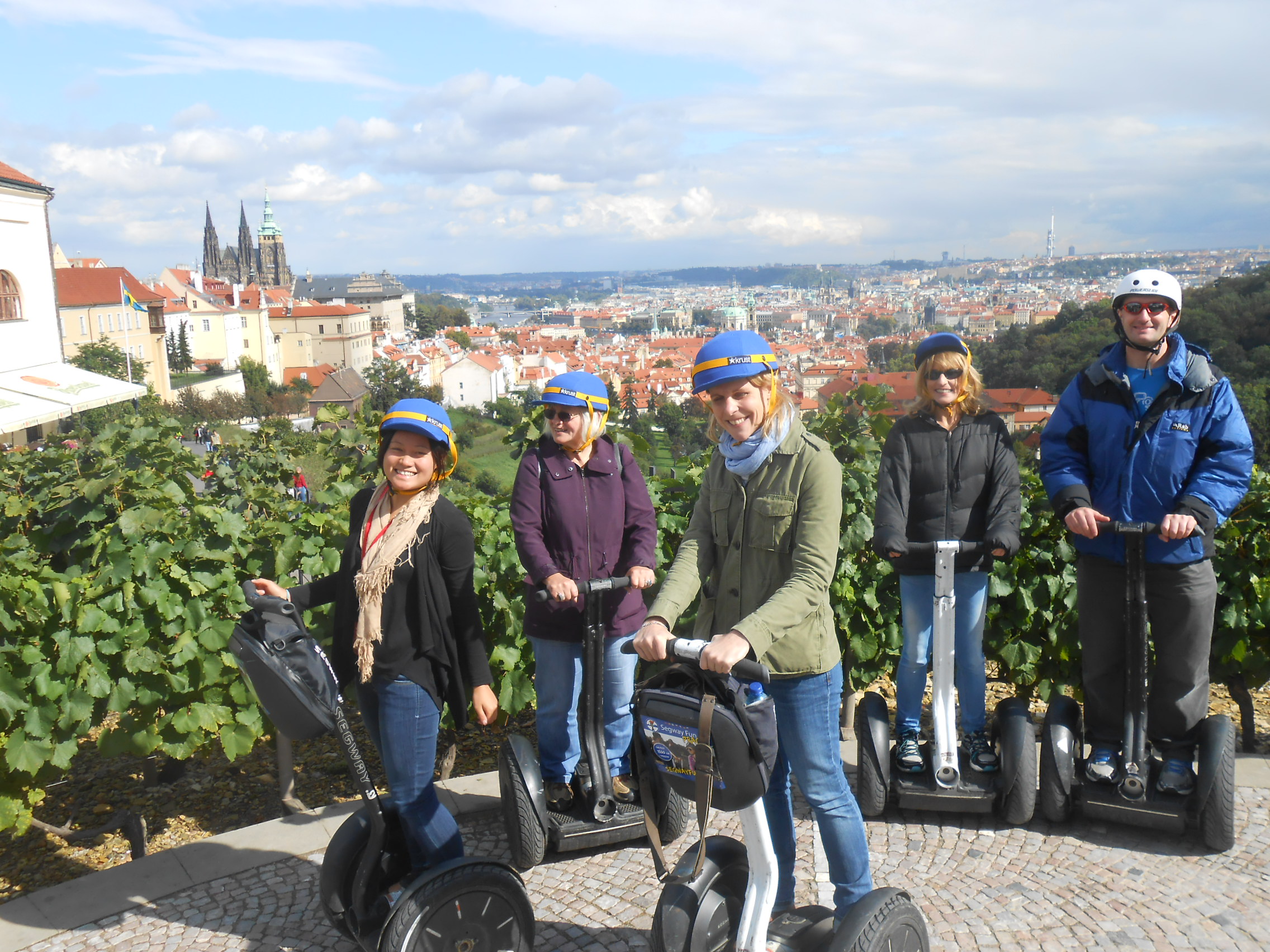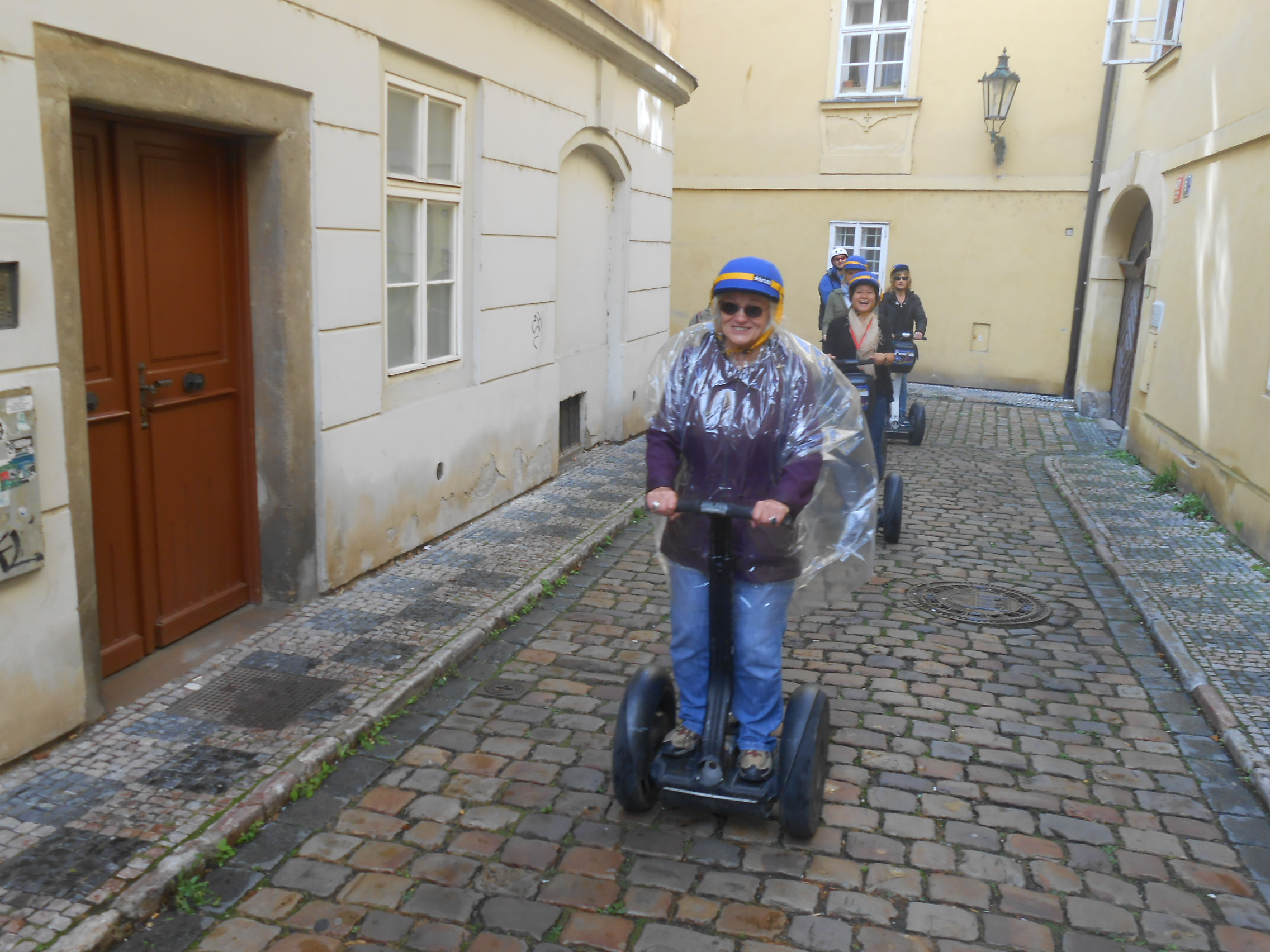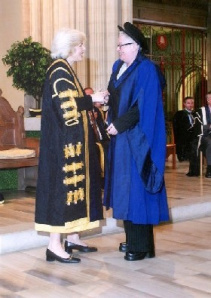A global online open source development & outreach contest
for precollege students ages 13-17
The Google Code-in contest gives students around the world an opportunity to explore the world of open source development. Google not only runs open source software throughout our business, we value the way the open source model encourages people to work together on shared goals over the Internet.
Give it a try from November 18th, 2013 to January 6th, 2014!
Participants complete “tasks” of their choice for a variety of open source software projects. Students can earn t-shirts and certificates for their work and 20 dedicated students (2 chosen by each software project) will win a trip to Google in Mountain View, CA, USA.
Since open source development is much more than just computer programming, there are lots of different kinds of tasks to choose from, broken out into 5 major categories:
1. Code: Writing or refactoring code
2. Documentation/Training: Creating and editing documentation and helping others learn
3. Outreach/Research: Community management and outreach/marketing, or studying problems and recommending solutions
4. Quality Assurance: Testing to ensure code is of high quality
5. User interface: User experience research or user interface design
The 10 open source organizations that students will be working with this year are: Apertium, BRLCAD, Copyleft Games Group, Drupal, Haiku, KDE, RTEMS, Sahana Software Foundation, Sugar Labs, and Wikimedia Foundation.
Over the past 3 years, 1238 students from 71 countries completed at least one task in the contest. This year we hope to have even more students participate globally. Please help us spread the word and bring more students into the open source family!
Visit googlemelange.com to read our Frequently Asked Questions for all the details on how to participate, to follow our blog, and to join the contest discussion list at http://groups.google.com/group/gcidiscuss for updates on the contest.
The Google Code-in contest starts on November 18, 2013, join the fun!


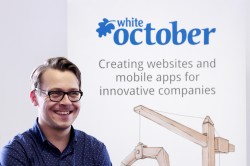
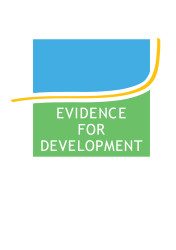

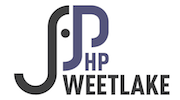
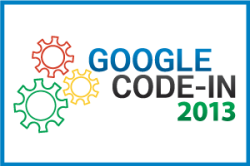
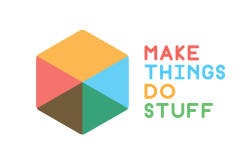



 Recently I had the honour of opening the
Recently I had the honour of opening the 